Ultimate Comparison of Gas vs Electric Water Heaters
If you're choosing between a gas or electric water heater, it's important to understand the differences between the two options. This article will analyze the advantages and disadvantages of both types, such as energy efficiency and upfront costs. This will help homeowners make informed decisions that suit their needs.

How do electric water heaters work?
Electric water heaters work by using electricity to heat up water. They have a heating element inside the tank that is powered by an electric current. When you turn on the hot water tap, cold water enters the tank and fills it up. The heating element then heats up the water to the desired temperature. Once the water reaches the set temperature, it is ready to be used for various purposes such as showers, washing dishes, or doing laundry. Electric water heaters are efficient and reliable, providing a consistent supply of hot water for your everyday needs.

What are the benefits of electric water heaters?
Electric water heaters offer many benefits for Spring homeowners:
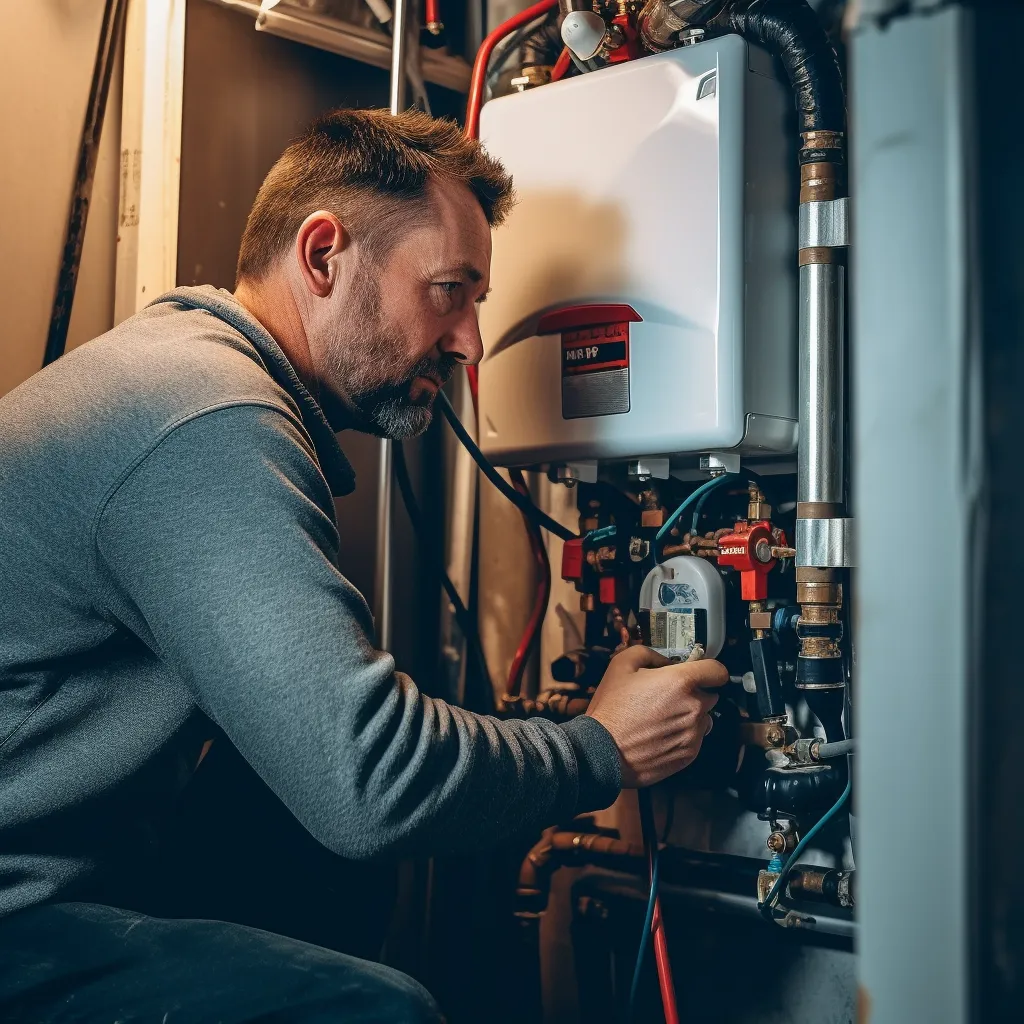
First and foremost, they are highly efficient and can help to reduce energy consumption. This not only lowers utility bills but also contributes to a greener and more sustainable environment.
Electric water heaters are easy to install and require minimal maintenance compared to other types of water heaters.
They also tend to have a longer lifespan, saving homeowners money on replacements and repairs.
Electric water heaters also provide consistent and reliable performance. They heat water quickly and efficiently, ensuring a steady supply of hot water whenever it is needed.
Safety is another advantage of electric water heaters. They do not produce byproducts such as exhaust fumes or carbon monoxide, making them a safer option for indoor use.
Electric water heaters are versatile and can be easily integrated into existing plumbing systems. They are available in various sizes and designs to meet the specific needs and preferences of homeowners.
What are the drawbacks of electric water heaters?
Electric water heaters have a few disadvantages that should be considered when deciding on the best option for your home:

They tend to be more expensive to operate compared to other types of water heaters. Electric water heaters consume a significant amount of energy, which can lead to higher electricity bills.
If your home experiences frequent power outages, you may be left without hot water until the power is restored.
Electric water heaters generally have a slower recovery time compared to gas or propane water heaters, meaning it may take longer for the tank to heat up and provide a continuous supply of hot water.
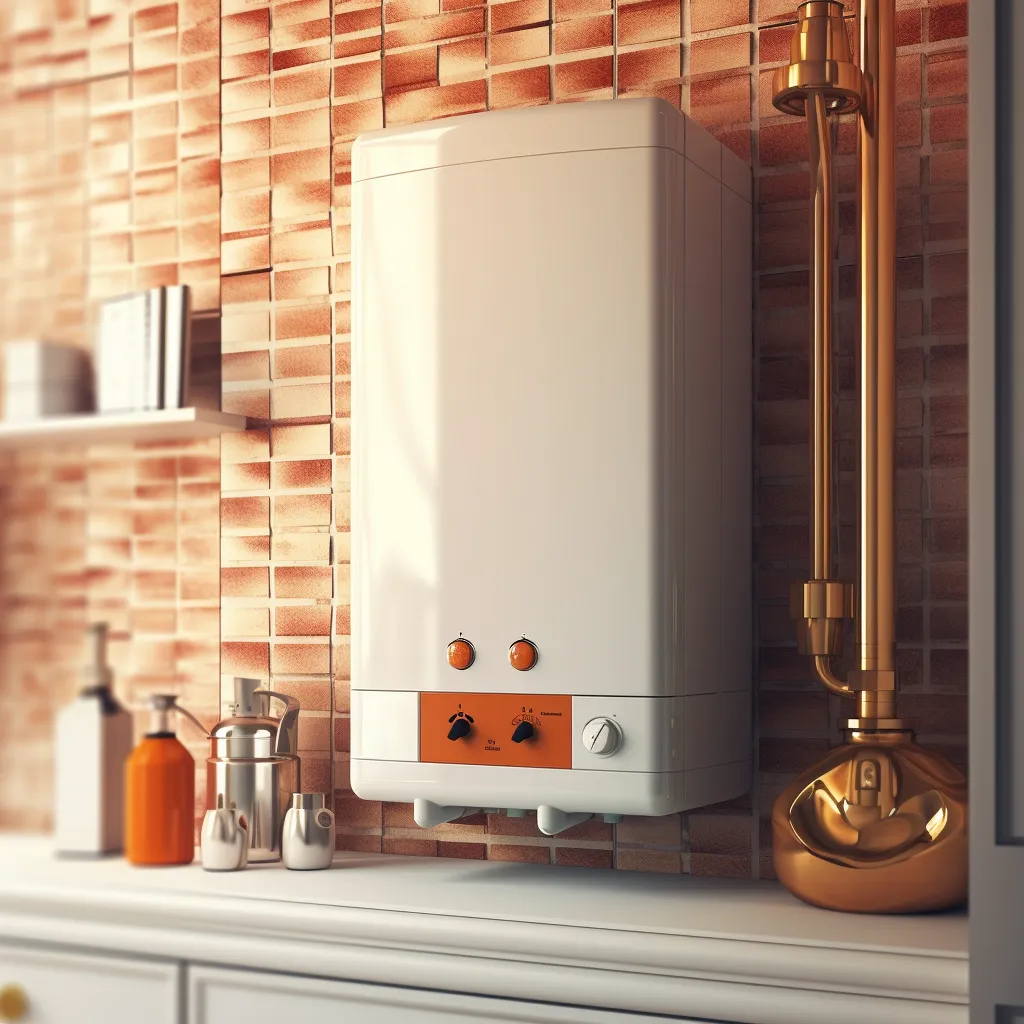
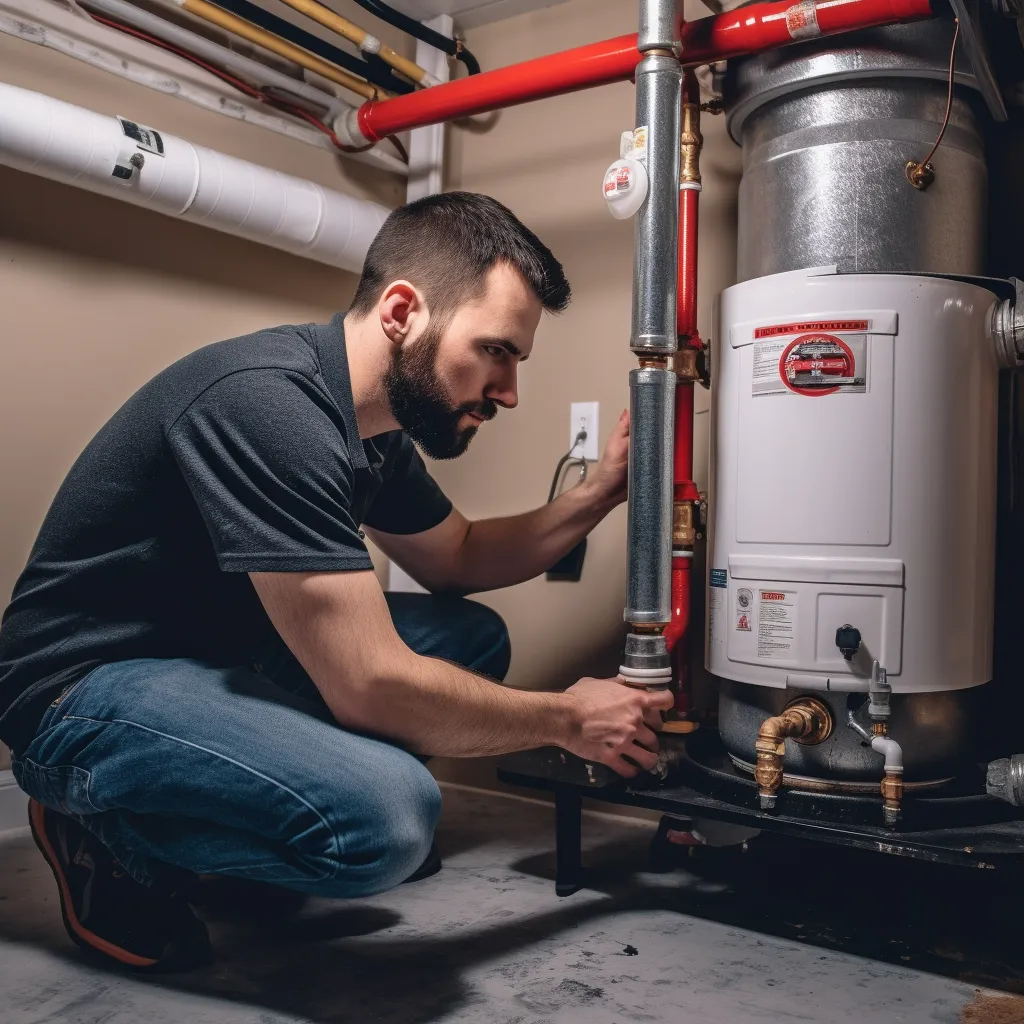
How do gas water heaters work?
Gas water heaters work by using natural gas or propane to heat up water. Inside the water heater, there is a burner that ignites the gas, creating a flame. This flame heats up the air inside the combustion chamber. As cold water enters the tank, it flows through a dip tube and gets distributed evenly across the bottom of the tank. The gas burner then heats the water, raising its temperature. As the water heats up, it rises to the top of the tank, where it is ready to be used when needed. Gas water heaters are efficient and provide a continuous supply of hot water for your home.
Advantages of gas water heaters
Gas water heaters have several advantages that make them a popular choice among homeowners. Here are some of the key benefits of using a gas water heater:

Cost-effective: Gas water heaters are generally less expensive to operate compared to electric water heaters. Natural gas is often more affordable than electricity, allowing homeowners to save on their monthly energy bills.
Fast heating: Gas water heaters typically heat water more quickly than their electric counterparts. This means you don't have to wait as long for hot water, making it convenient for daily activities such as showering and doing the dishes.
Reliable performance: Gas water heaters are known for their reliability and durability. They can provide a continuous supply of hot water, even during power outages, ensuring that you and your family never run out of hot water.
Energy efficiency: Modern gas water heaters are designed to be highly energy efficient, which can further reduce your energy costs. Newer models incorporate advanced technology, such as condensing technology, to maximize energy savings.
Lower greenhouse gas emissions: Gas water heaters produce fewer greenhouse gas emissions compared to electric water heaters. This makes them a more environmentally friendly choice for those concerned about their carbon footprint.
Compatibility with natural gas supply: If your home already has a natural gas supply, installing a gas water heater is relatively straightforward. This can save you the hassle and cost of installing additional electrical infrastructure.
Long lifespan: Gas water heaters have a longer lifespan than electric water heaters, typically lasting between 10-15 years with proper maintenance. This means you won't have to replace your water heater as often, saving you money in the long run.
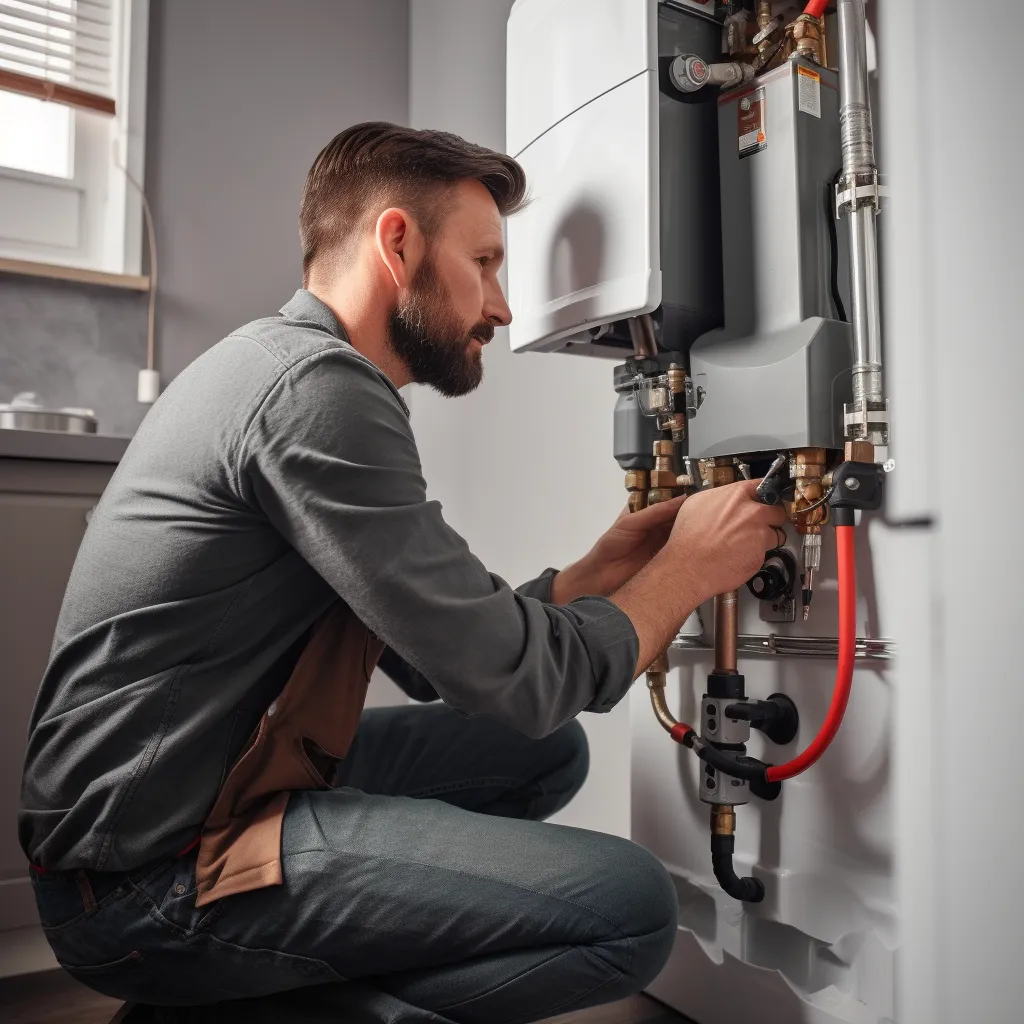
Cons of gas water heaters
Gas water heaters have several disadvantages that homeowners should be aware of before making a purchasing decision:
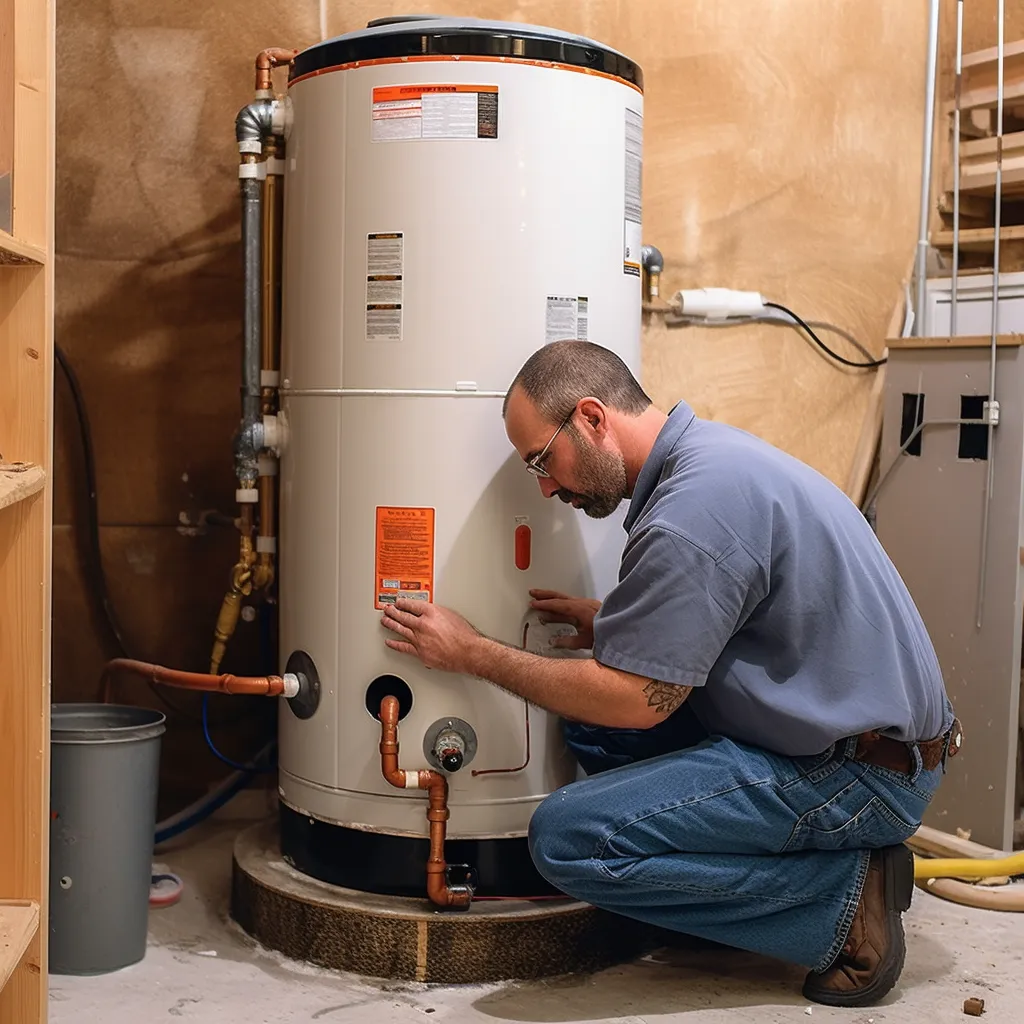
Gas water heaters require a gas supply, which means that dedicated gas lines need to be run to the water heater location. This can be costly and time-consuming, especially if the house does not already have a gas line.
Additionally, gas water heaters produce combustion gases, such as carbon monoxide, which need to be properly vented to the outside of the house. This requires the installation of a flue or ventilation system, which adds to the overall cost and complexity of the installation process.
Gas water heaters tend to have higher upfront costs compared to electric models. The initial purchase price is typically higher, and the installation process may involve additional expenses, such as hiring a professional plumber.
Gas water heaters also require regular maintenance, including cleaning the burner and checking for gas leaks, which can add to the overall cost of ownership.
Gas water heaters may have lower energy efficiency ratings compared to electric models. Although advancements have been made to increase the efficiency of gas water heaters, they still tend to be less energy efficient. This means higher utility bills over time.
Gas water heaters can be affected by fluctuating gas prices, which may lead to unpredictable energy costs.
Gas water heaters may pose a greater safety risk compared to their electric counterparts. The combustion process can potentially lead to the release of harmful gases if not properly maintained or if there are ventilation issues. This can pose a threat to the health and safety of the household members. Therefore, it is essential to invest in regular inspections and ensure proper ventilation to minimize these risks.

Are electric water heaters energy-efficient?
lectric water heaters can have different levels of efficiency due to various factors. These factors include the size of the unit, how well it is insulated, and the temperature it operates at. Gas-powered water heaters are generally considered more efficient, but electric models have been getting better at conserving energy over time.
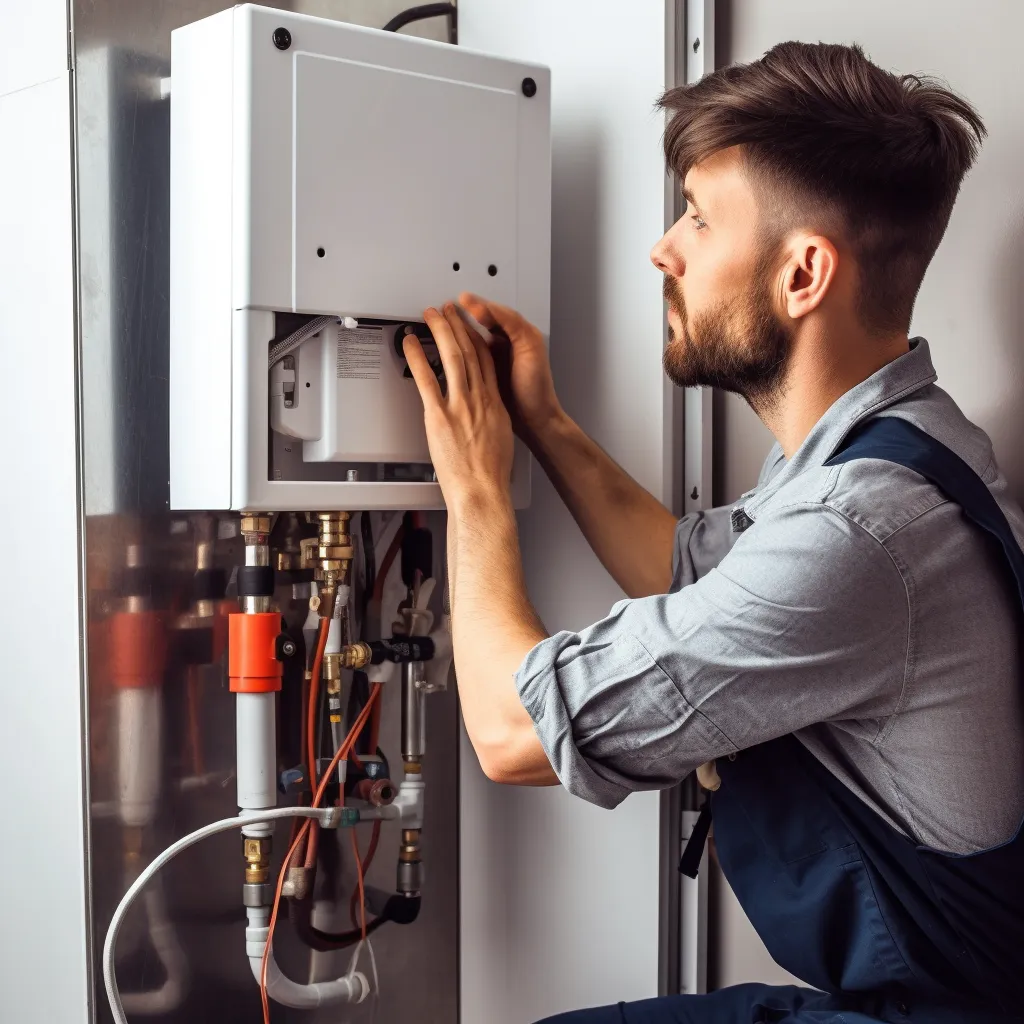
Are gas water heaters energy-efficient?
Gas water heaters are more cost-effective and energy-efficient compared to electric models. They work by burning natural gas to heat water, which uses less energy than electric heaters. The efficiency rating of a gas water heater can be affected by factors like size, model, and maintenance.
What is the cost of buying and installing electric water heaters?
The cost of purchasing and installing an electric water heater can vary depending on several factors. On average, electric water heaters can range in price from around $500 to $1,500. However, keep in mind that the final cost will also include installation fees and any additional materials or labor required. It is recommended to consult with a professional plumber to get an accurate estimate for your specific needs and location.


What is the cost of buying and installing gas water heaters?
The cost of purchasing and installing gas water heaters can vary depending on several factors. Generally, the price range for gas water heaters can start from around $500 and go up to $1,500 or more. However, this is just the initial cost of buying the unit itself. When it comes to installation, there are additional expenses to consider. These may include the cost of labor, materials, permits, and any necessary modifications to your existing plumbing system. Installation costs can range from $500 to $1,000 or more, depending on the complexity of the installation and the region where you live. It is important to note that these prices are approximate and can vary depending on various factors such as the brand and model of the water heater, local market conditions, and any additional features or accessories you may choose. To get an accurate estimate, it's best to contact a professional plumber who can assess your specific needs and provide you with a detailed quote for both the unit and installation.
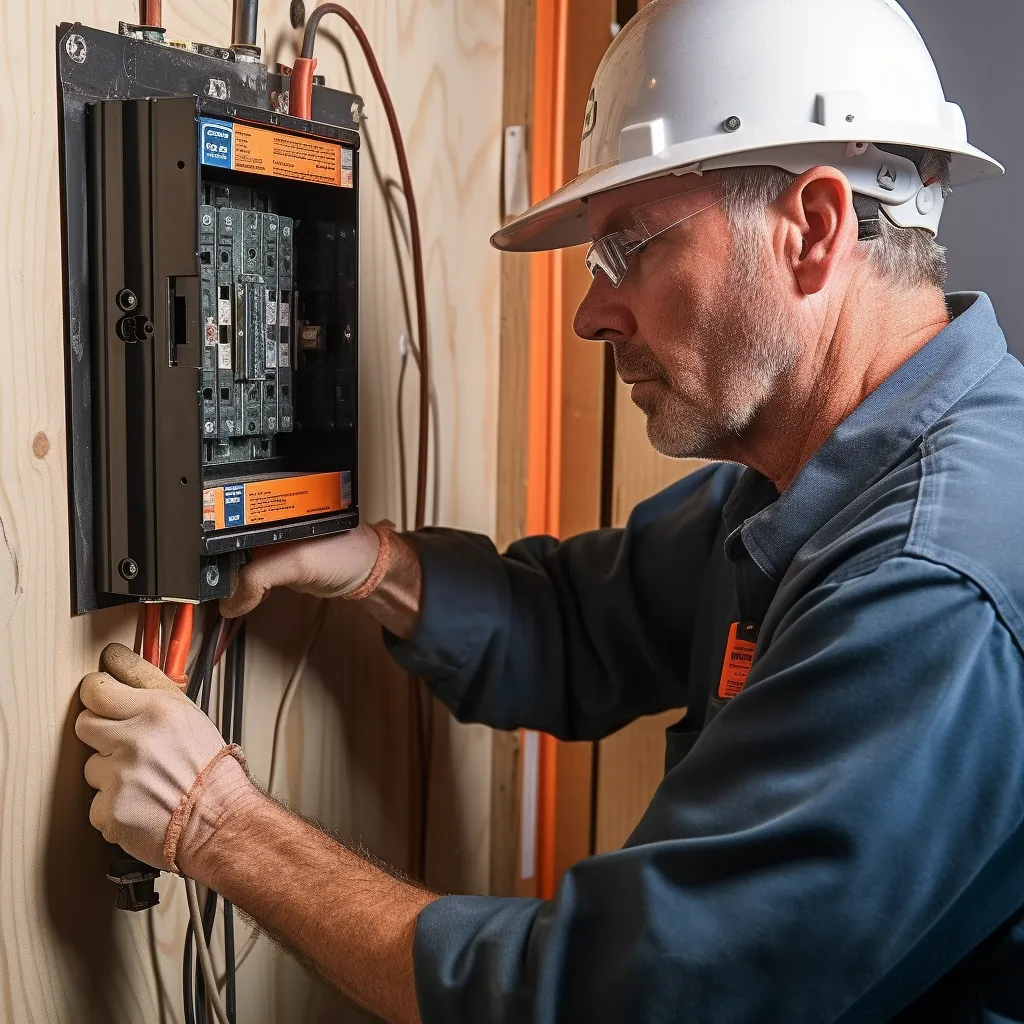
Electric water heater maintenance requirements
Maintaining your electric water heater is essential for its safe and reliable operation. Regularly checking the temperature and pressure relief valve helps prevent overheating and explosions. Flushing the tank every six months to a year removes sediment buildup, making it work more efficiently. Inspecting the heating elements for damage or mineral buildup and replacing them when necessary is also important. Secure and undamaged electrical connections are necessary for safety. If you're unsure about performing maintenance tasks, it's best to call a licensed professional for assistance.
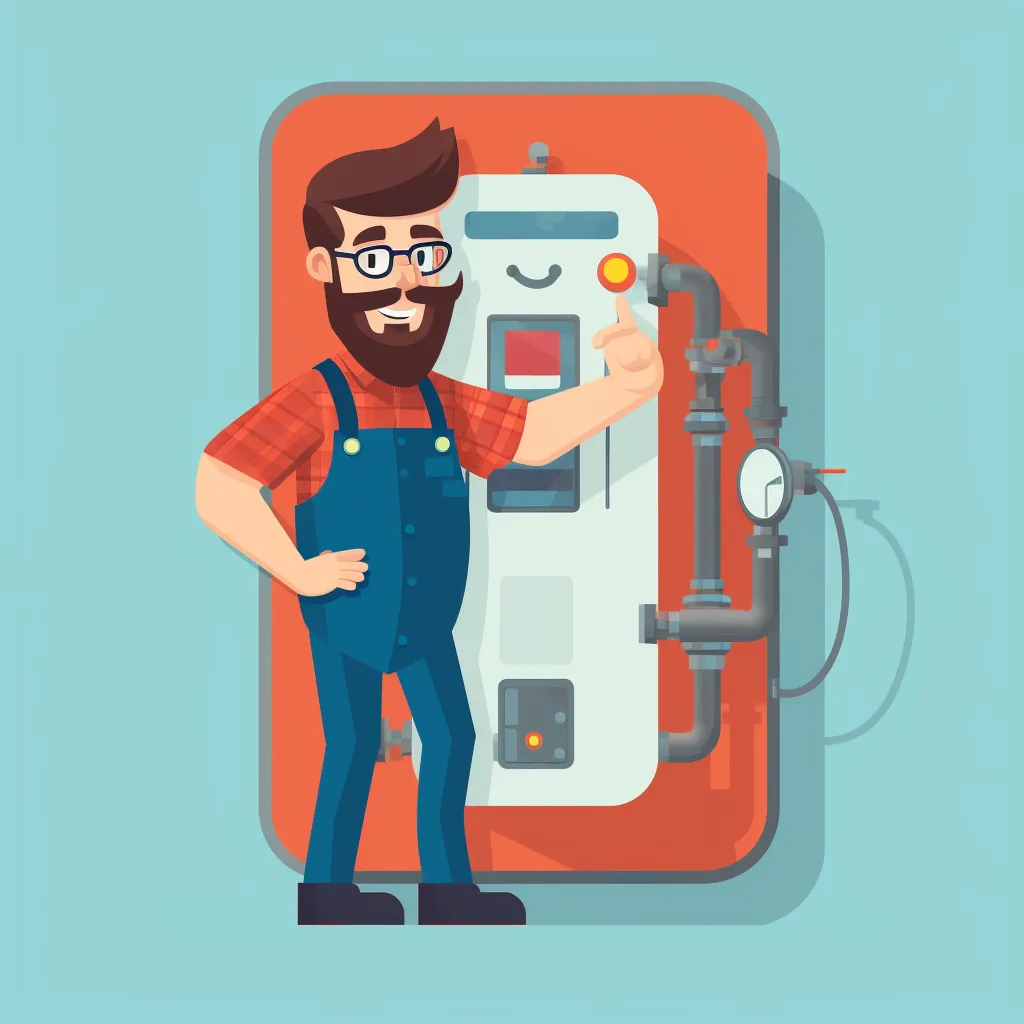
Gas water heater maintenance requirements
Regular maintenance is important for gas water heaters to work well and be safe. Some maintenance tasks are important in keeping your water heater in good condition. These tasks include cleaning the tank once a year, checking the anode rod every few years, examining the burner and pilot assembly for dirt or damage, testing the temperature and pressure relief valve annually, and inspecting for gas leaks. Doing these tasks regularly will help your gas water heater function properly and safely. If you have any doubts or concerns, it is best to seek assistance from a licensed professional.
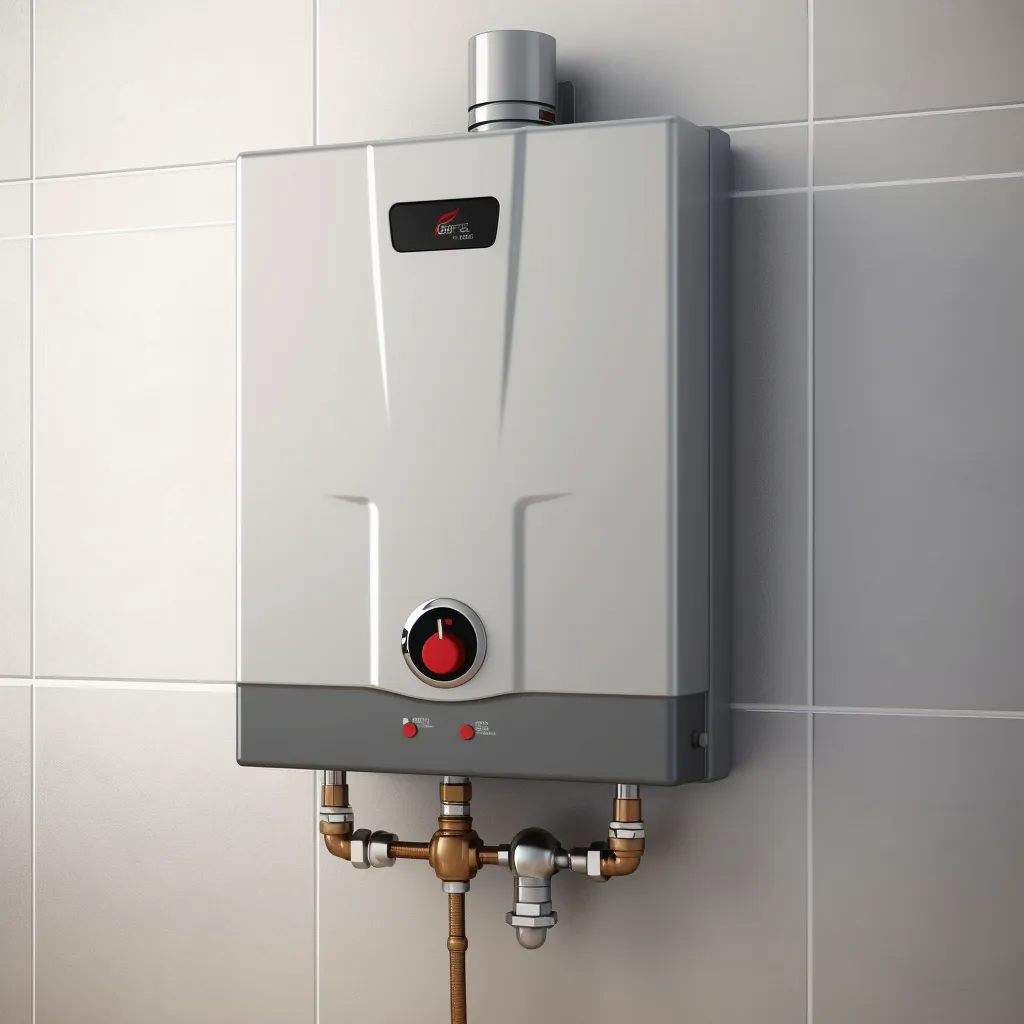
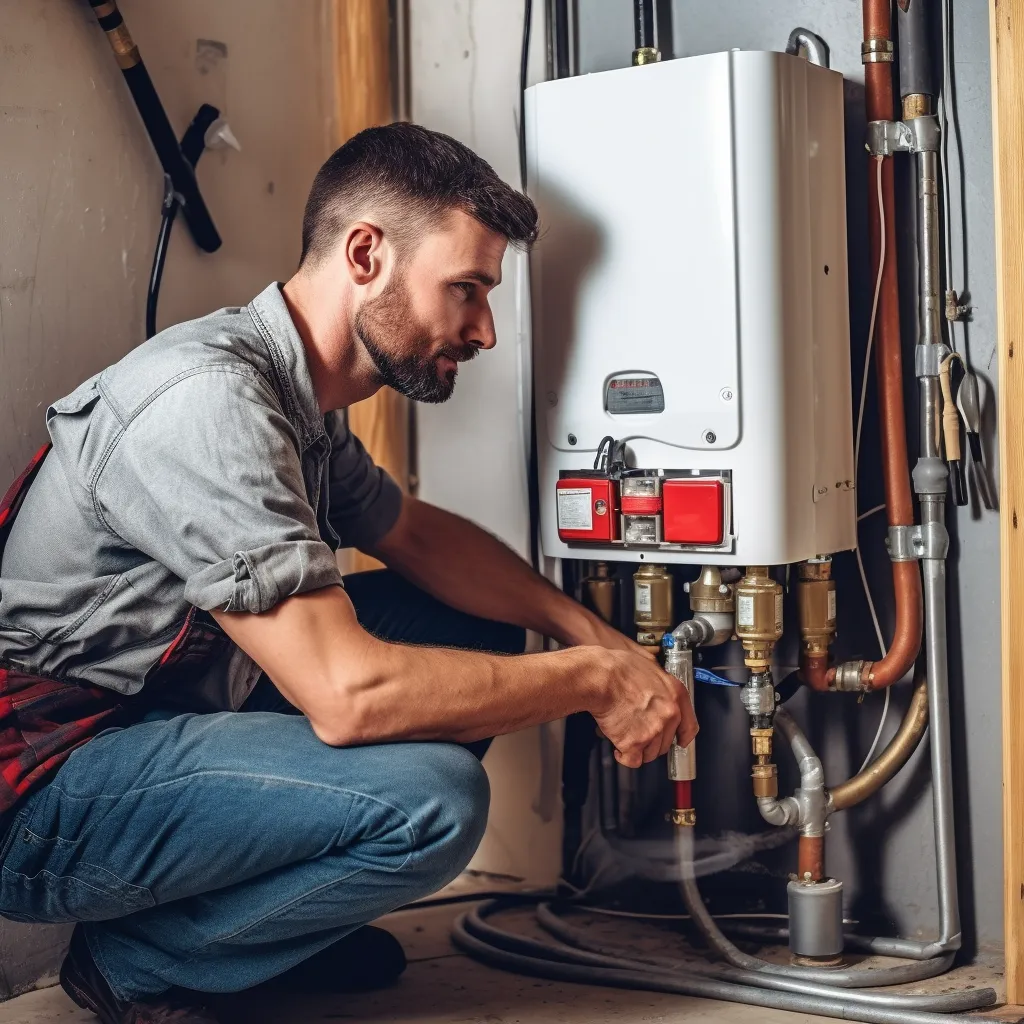
Electric water heater safety considerations
When using an electric water heater, safety is very important to prevent accidents. One big concern is the risk of getting shocked, which can happen if the heater is not grounded correctly or has a problem. Another concern is the risk of fire if the heater gets too hot or is near something flammable. To reduce these risks, it's a good idea to read and follow the instructions from the manufacturer and have a licensed professional install the water heater. By doing these things, you can make sure your electric water heater works safely and reliably.

Gas water heater
safety considerations
t's important to prioritize safety when using gas water heaters. Take necessary steps to keep your home safe by installing a carbon monoxide detector nearby, regularly inspecting and maintaining the heater, and keeping the area around it free from flammable materials. By following these precautions, you create a secure environment in your home.

How to choose between electric vs gas water heater
When it comes to selecting a water heater, one important choice you have to make is whether to go with an electric or gas-powered model. Each type has its own advantages and factors to consider before making a decision:
Electric water heaters are powered by electricity. They are typically easier to install and do not require a gas line or ventilation system, which can be a significant advantage for some homeowners.
Electric models are also generally cheaper upfront and have lower installation costs. On the other hand, gas water heaters use natural gas or propane as a fuel source. They tend to have a faster recovery rate, meaning they can heat water more quickly compared to electric models.
Gas water heaters are often preferred for larger households with higher hot water demands, as they can provide a continuous flow of hot water. When deciding between electric and gas water heaters, it's important to consider factors like your household size, hot water needs, and energy costs in your area.
Gas water heaters may have higher operating costs due to the price of gas, while electric models can be more cost-effective in areas with lower electricity rates.
Take into account any installation restrictions or requirements in your home. Venting, gas line availability, and the electrical system may all impact your decision.
By understanding the differences and considering your specific needs, you can make an informed decision on whether an electric or gas water heater is the right choice for you. Don't hesitate to consult with a professional or do thorough research to ensure you're making the best decision for your home.
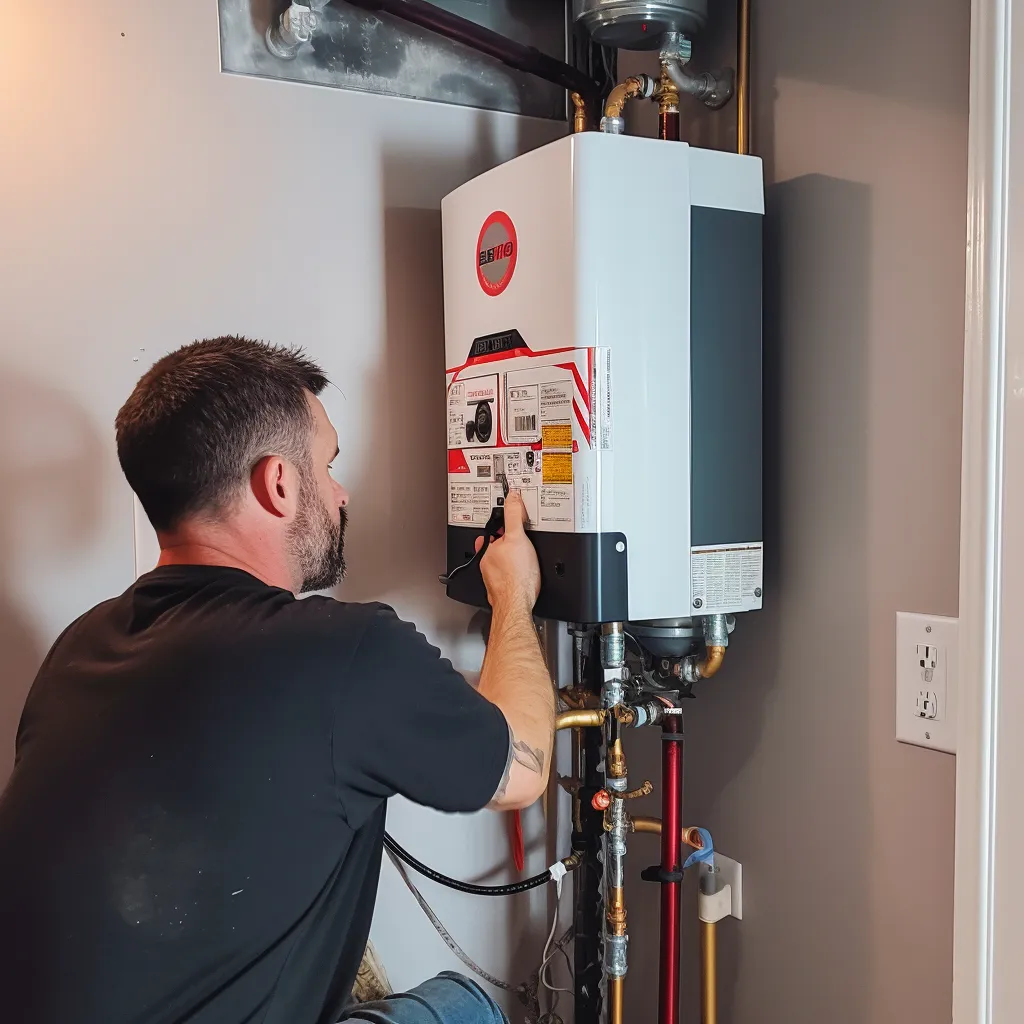
Why you should consider hiring a licensed expert
Installing or replacing a water heater is a big job. Some people think they can save money by doing it themselves, but this can be dangerous. It's best to hire a professional who is licensed and experienced. They know what they're doing and will make sure everything is done correctly and safely. Don't take any chances with your safety. Hire a professional who knows how to handle the job.
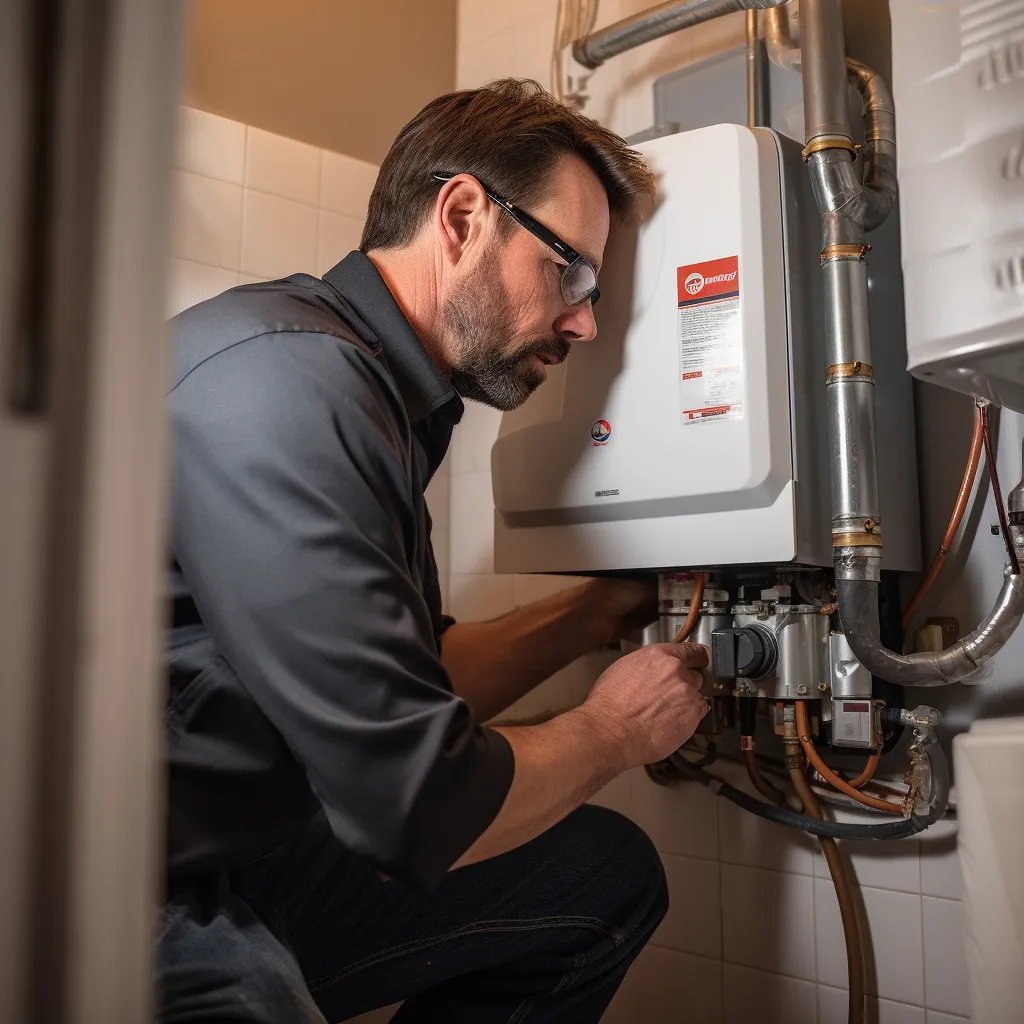
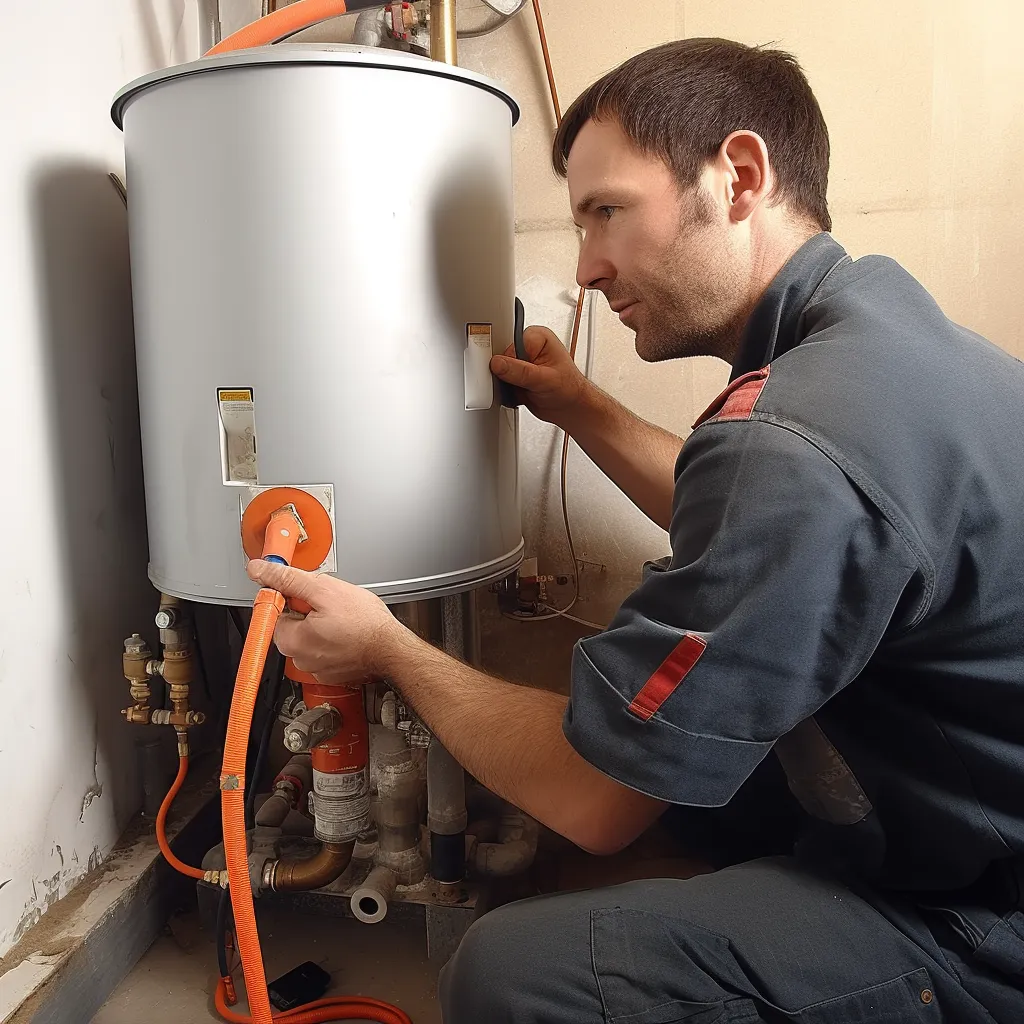
Be sure to do your research
Before purchasing a new water heater, it is important to take the time to gather information and conduct thorough research. There are several factors to consider, such as the type and size of the water heater that will best suit your needs, as well as the energy efficiency and reliability of different models. By doing your due diligence and researching various options, you can make a well-informed decision and select a water heater that will efficiently provide hot water for your home or business.
Contact Us
